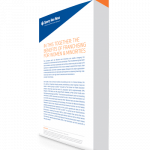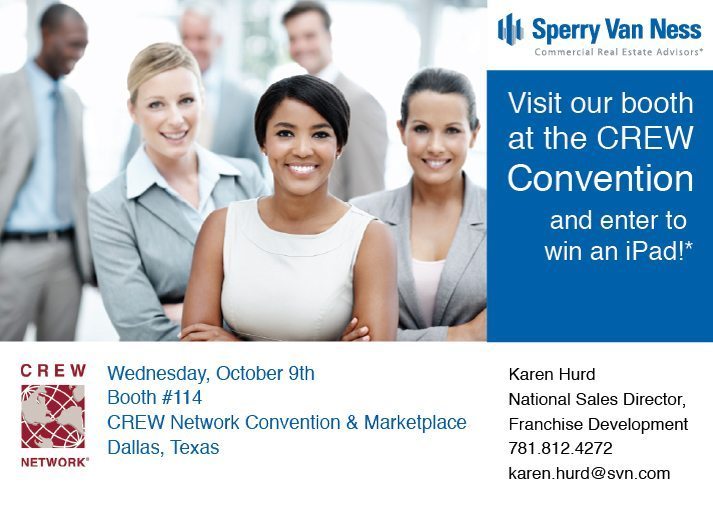In honor of Veterans Day, we sat down to interview a few of our SVN military veterans to learn more about their background and why they believe the commercial real estate industry was a good match for them.
Jerry Dawson is the Managing Director at SVN | JCDawson Global Real Estate in Bowie, Md.
Jerry’s Military Background:
“I was a Navy officer and my designation was service warfare, which meant that I was aboard ships as an engineer, as a navigator, and a ship driver, leading divisions on an aircraft carrier.”
What attracted you to work in the military?
“I went to school at the Naval Academy for my undergraduate degree, so that was part of my commitment after graduation, to serve in the military. I didn’t have any military background in my family, but it seemed like a great opportunity at a great institution to do a lot of things I had never really thought about doing.”
What brought you from the Navy to a commercial real estate career?
“I started working in commercial real estate managing commercial properties in New York City. A few graduates from the Naval Academy who were a couple of years ahead of me worked for that company and put the opportunity on my radar. They talked to me about their positions, and it seemed very interesting – again, something else I had never done before. It was a good opportunity to explore my professional horizons and do something different. Running a property is like running a business – you’ve got income and expenses, responsibilities, and a team of people – and that’s what I wanted to do.”
What military-training skills do you think might be transferable to a successful CRE career?
“For me, it was the leadership training. That, and understanding the importance of following through on a mission, leveraging resources, and many other skills that a business person would need to be successful.”
How does the culture of SVN resonate with the culture/values in the military?
“I think the one thing that there is some parallel to is teamwork. In the military you are always working as a team. You never really accomplish anything on your own. SVN also emphasizes teamwork. Acknowledging that team, and understanding how that team works together, in my opinion, is critical to commercial real estate. Transactions don’t happen without coordinating with a team, whether it’s within your SVN office or third-party professionals like attorneys, engineers, etc. In addition to the team concept of SVN’s culture, it’s probably the collaboration piece of the culture.
“The fact that we all try to grow is something at SVN that parallels the military environment. Being able to reach out to people and get support on projects or answers to questions is what you do in the military. You need to figure out how to get things done. You don’t always have the answers. It means finding other people to do that sometimes. SVN provides that culture and environment.”
How might commercial real estate be a good career choice for a military veteran?
“I think it all depends on the individual. I can’t say that it works for everybody. This particular aspect of commercial real estate is very entrepreneurial, and you have to be comfortable in that environment. There are other aspects of commercial real estate, just like in every industry, that may attract different people for different reasons. Commercial real estate is a little different in that regard. There’s a space for everyone, it’s just finding the right space for each individual to be passionate and focused.”
If you are currently in the military or a veteran and considering a career in commercial real estate, please visit our career pages at svn.com/careers-with-svn. Our managing directors would like to hear from you.

 Real Estate Forum, a leading publication in the commercial real estate industry, chose this year’s impressive winners from a pool of more than 300 high-caliber nominees. Bowden earned her spot on the coveted list due to her exceptional transactional volume and contributions to the industry. With over 30 years in CRE, she has cultivated a strong reputation and list of accomplishments that have contributed to a career sales total of over $200 million. Bowden recently ranked as the 3rd top-performing SVN Advisor on a national level and ranks among the top two percent of SVN commercial real estate Advisors in the United States.
Real Estate Forum, a leading publication in the commercial real estate industry, chose this year’s impressive winners from a pool of more than 300 high-caliber nominees. Bowden earned her spot on the coveted list due to her exceptional transactional volume and contributions to the industry. With over 30 years in CRE, she has cultivated a strong reputation and list of accomplishments that have contributed to a career sales total of over $200 million. Bowden recently ranked as the 3rd top-performing SVN Advisor on a national level and ranks among the top two percent of SVN commercial real estate Advisors in the United States. In case you missed the July issue of
In case you missed the July issue of 












